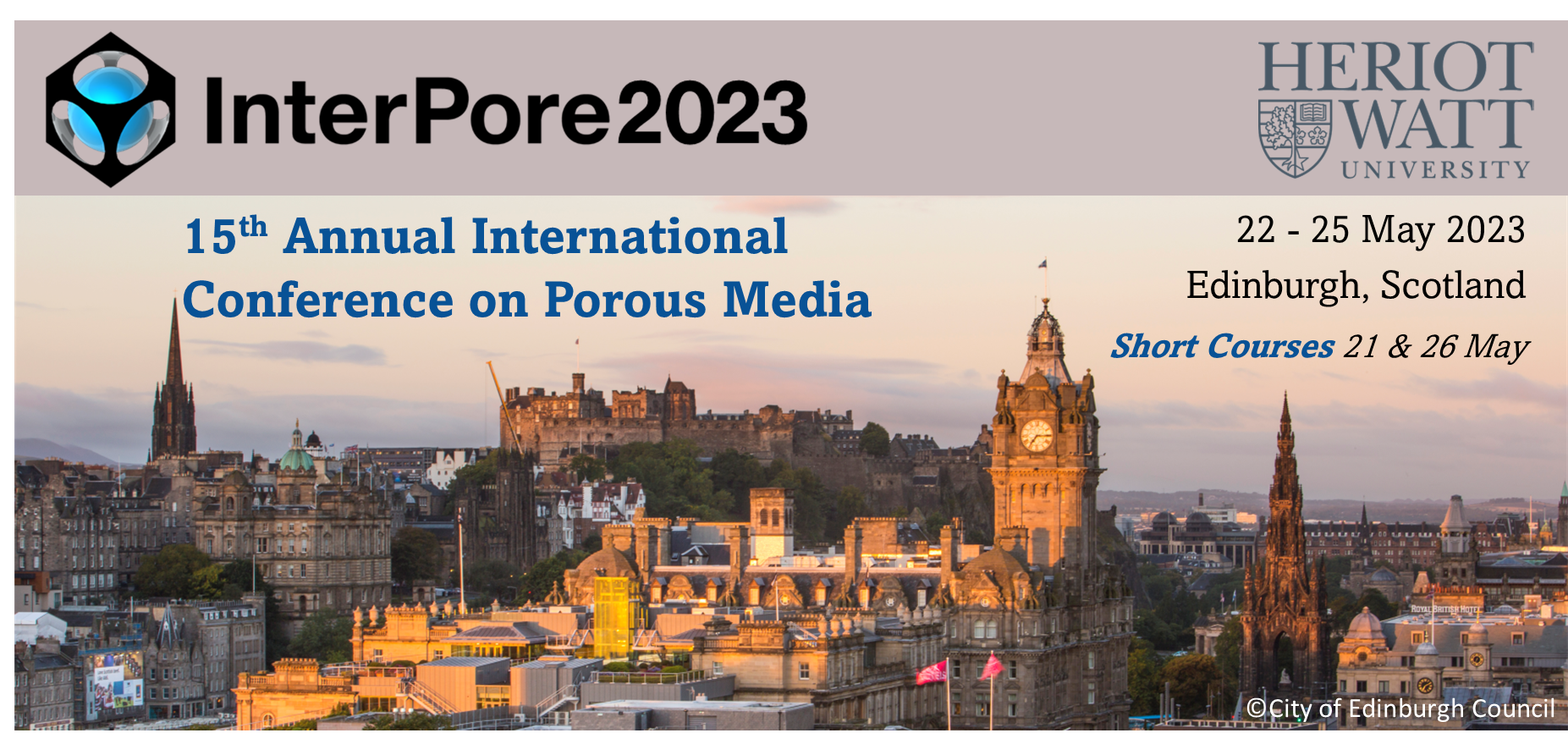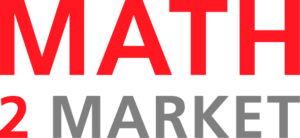Speaker
Description
Geologic carbon storage (GCS) is a viable technology that can reduce carbon emissions to the atmosphere and mitigate the impact of climate change. Undeniably, a better understanding of the seismic potential in a GCS site and developing a corresponding mitigation strategy for risk management plan is required to ensure operational safety and minimize environmental impacts. To achieve this, a fast surrogate model is very powerful since many geological structures and operating conditions must be evaluated for their sensitivity and uncertainty in model prediction, while maintaining an acceptable accuracy level of high-fidelity models. In this work, we present Barlow Twins deep operator networks to be used as a surrogate for geologic carbon storage, with application for the Illinois Basin Decatur Project (IBDP) site, where a million metric tonnes of CO2 have been injected. The proposed data-driven framework is built upon a combination of deep operator networks (DeepONets) [1], and Barlow Twins reduced order models (BT-ROM) as well as its variations [2, 3]. To elaborate on this, we use DeepONets' architecture of branch and trunk nets in combination with a projector from BT-ROM. The loss function is constituted of point-wise differences (mean squared errors) and redundancy reduction terms. Our goal is to enhance DeepONets' capability by achieving better-reduced manifolds through an information bottleneck principle and a joint embedding architecture of BT-ROM. Our parameter space (input) contains heterogeneous hydrogeological properties (permeability and porosity) and operation constraints (e.g., varying injection rates and bottom hole pressure). We will compare a surrogate model performance with a high fidelity model in terms of fluid pressure and CO2 saturation.
SNL is managed and operated by NTESS under DOE NNSA contract DE-NA0003525.
[1] Lu, L., Jin, P., Pang, G., Zhang, Z., & Karniadakis, G. E. (2021). Learning nonlinear operators via DeepONet based on the universal approximation theorem of operators. Nature Machine Intelligence, 3(3), 218-229.
[2] Kadeethum, T., Ballarin, F., O’Malley, D., Choi, Y., Bouklas, N., & Yoon, H. (2022). Reduced order modeling for flow and transport problems with Barlow Twins self-supervised learning, Scientific Reports, 12, 20654.
[3] Kadeethum, T., O’Malley, D., Ballarin, F., Ang, I., Fuhg, J. N., Bouklas, N., ... & Yoon, H. (2022). Enhancing high-fidelity nonlinear solver with reduced order model. Scientific Reports, 12, 20229.
| Participation | In-Person |
|---|---|
| Country | United States |
| Energy Transition Focused Abstracts | This abstract is related to Energy Transition |
| MDPI Energies Student Poster Award | No, do not submit my presenation for the student posters award. |
| Acceptance of the Terms & Conditions | Click here to agree |







